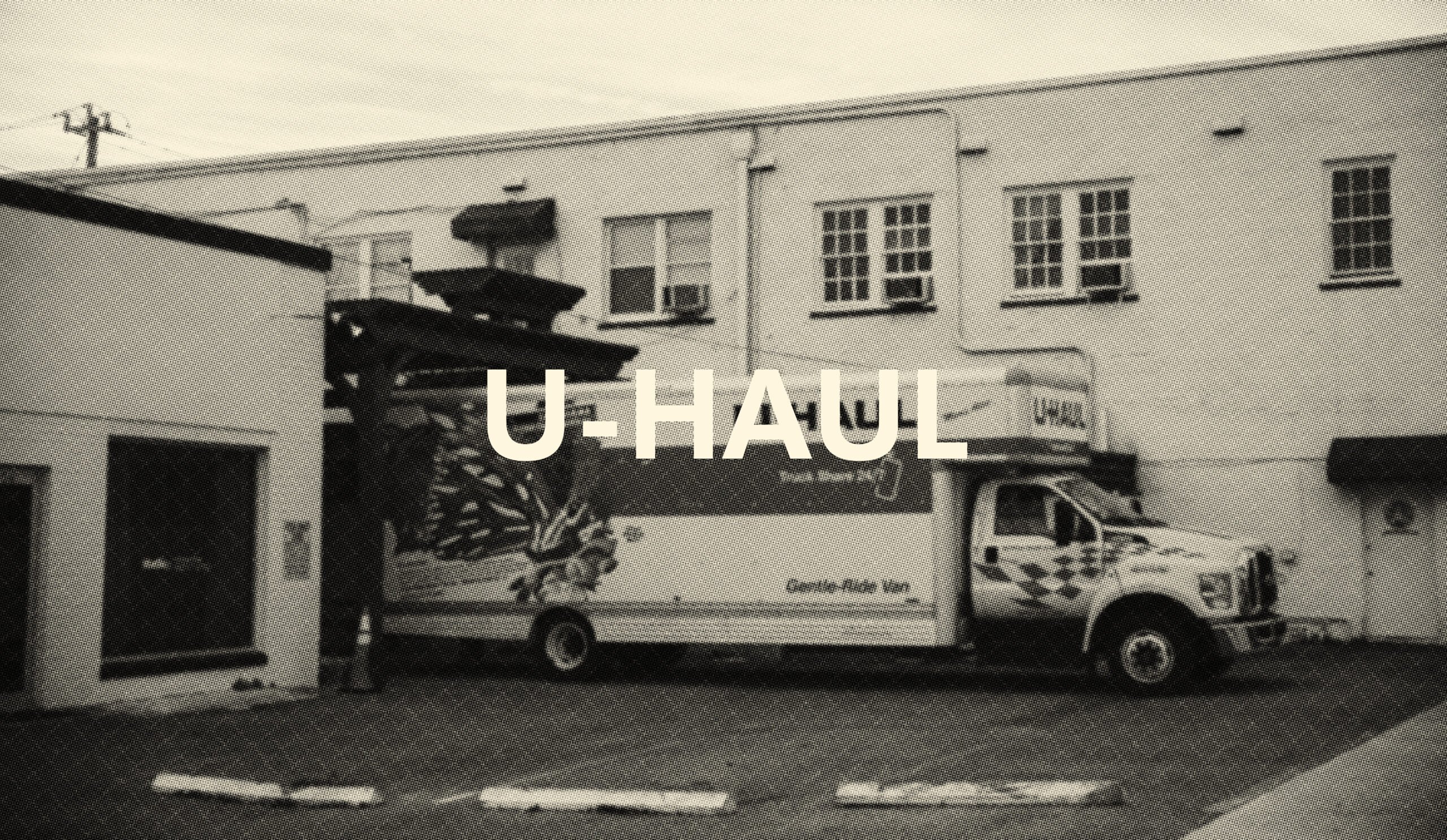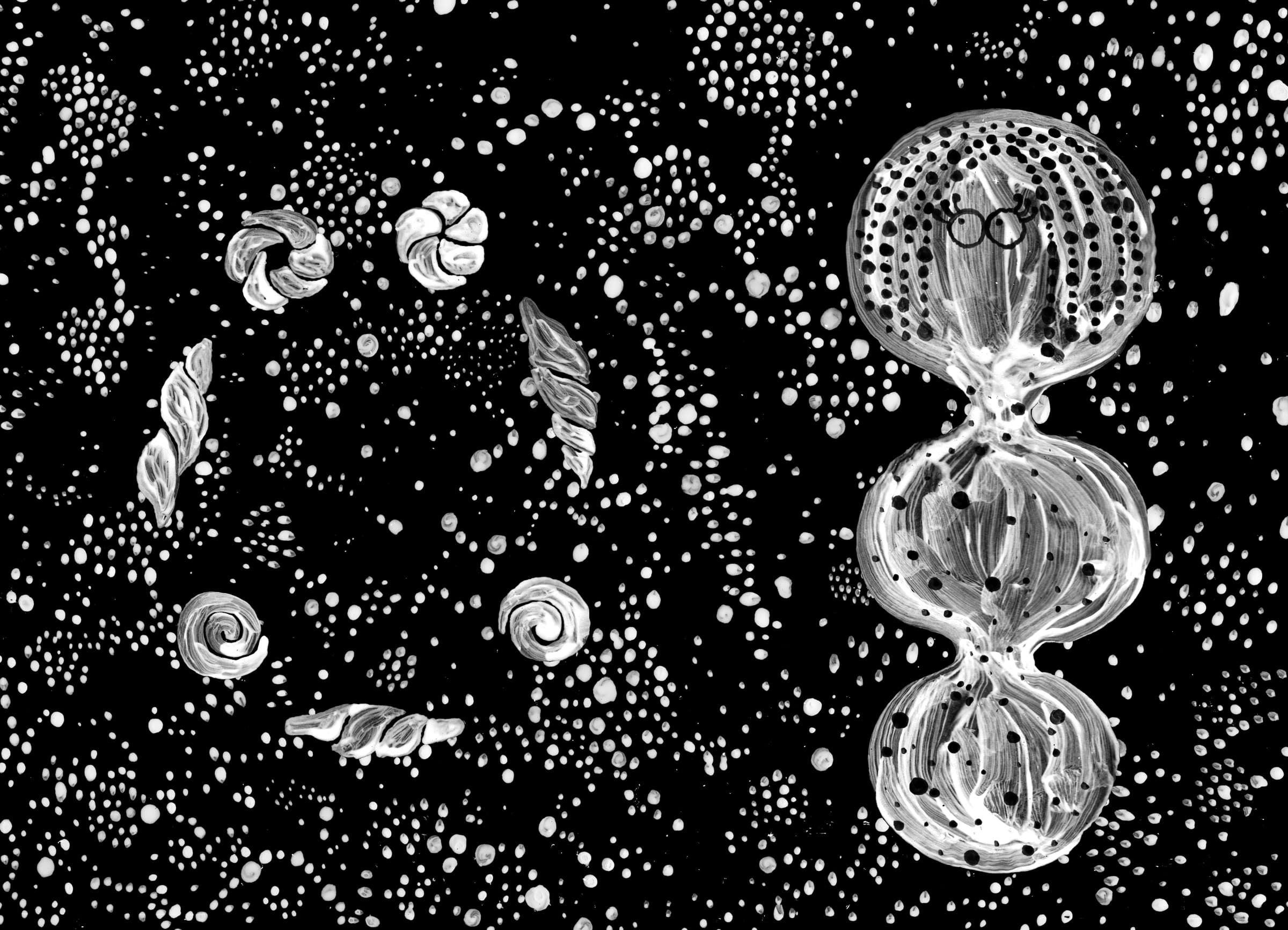Joe Johnson was the Typhoid Mary of all this, for which I’m eternally grateful. Fourteen years old, 1981, a slanted-ceiling upstairs loft-like room in the big old farmhouse with llamas and the pink halfpipe out in the darkness, on the plains outside of Windsor, Colorado. A couple of years older and of a more advanced sensibility, Joe liked hardcore, sure, but his leanings were increasingly towards Public Image Ltd., The Fall, The Birthday Party, and New Order and their predecessor Joy Division. Outside the rustle of wind, a vast silence and feeling of seclusion stretching from the great flatness on one side to the Rocky Mountains on the other. In this haven is where and when I first heard Joy Division’s ‘Isolation’ from their Closer LP. Also that night Joe told me their lead singer Ian Curtis had hung himself a year before at age 23 on the day before they were to embark on an American tour. That’s how things happened then, particularly in the hinterland, you found out about this tragic event having to do with a band that would become a lodestar a full year after it occurred. Related, we were so crushed a while later to find out a month after the fact that The Birthday Party had played the Mercury Cafe in Denver. Nowadays an overabundance of information, then, a dearth. Anyway, hearing ‘Isolation’ certainly did make a big, and lasting, impression. Though things can take a while to sink in, and in this case it’s been a 35-year odyssey into the meaning and import of that unparalleled poem set to music.
Five years later I was skating and hanging out a lot with Steve Claar at Del Mar and the Imperial Ditch and one time after being there we went over to his parents’ in El Cajon and that’s when ‘Isolation’ reappeared in earnest. At his house there were all these old Harleys around, not spic-and-span rich lawyers’ motorcycles but raw, chopped, lean machines. Steve showed me photos of himself from when he was 14, shirtless and longhaired, riding one of those bikes looking unimpeachably classic, like Jackie Earle Haley as Kelly in The Bad News Bears, but even cooler. In this period Steve had short hair with long bangs slicked back, kind of greaser style, and was really thin, and we both didn’t know that two years later he would be doing the most stylish chest-high frontside ollies of all time, with an elegance that has never been surpassed. That was in the future though and right then Closer rotated on the turntable and Steve had all this insider knowledge of Martin Hannett’s inventive production techniques, which he’d gleaned from the at the time rare and exotic 1984 Mark Johnson book An Ideal For Living: An History of Joy Division. In that era not everyone on the planet could press a fingertip to instantly access every infinitesimally trivial scrap of music trivia, and hearing Steve discourse on such matters was akin to being in the presence of a scholar of mysterious, esoteric knowledge. ‘Isolation’ played once, and then, not talking now, a second time as we raptly immersed ourselves in its brooding, melancholic aura. And though I’d heard it first at Joe’s and probably a half dozen times in the interim, it was then that it really sunk in and now whenever I hear it I’m back in that room with Steve Claar, newly privy both to musical and lyrical splendour and certain indefinable truths.
On the face of it a profound sense of alienation informs that composition and transmission of the utmost importance, received first at Joe’s in the Mile High State, then half a decade later about 15 miles due east of downtown San Diego. But contrary to a cursory reading the condition described therein is not all gloom, or at least that’s the way it came across in those moments. And still does, even more insistently, all these years later. To get topical the word that gives the song its title and theme has suddenly become inescapably ubiquitous and undoubtedly for most of its 200-year history the word and concept have often had negative connotations, solitary confinement, that sort of thing. Nobody wants that, cut off and wretched. But somewhere between that far side of the spectrum and the other of soul-killing accessibility is a middle ground. A place, both literally and figuratively, for being apart from the herd, completely oneself and at peace with that. The stigmatisation of aloneness ignores that it isn’t necessarily a bad thing at all, and possibly incalculably healthy. In the present-day hysterical climate regarding human relations there doesn’t seem to be much acknowledgement that a bit of distance from the other can be positive. At least until around March 9, 2020, an ongoing epidemic of excessive, insincere hugging, gratuitous high fiving, and a mania for bodily and virtual closeness didn’t seem to strike very many as alarming. And that’s odd.
This distinctly early-21st-century deceitfully disastrous cult of ‘connectivity’ is perfectly understandable because isolation and its handmaiden solitude do not make for a seamless, uncomplicated road. Horribly out of style in a time that abhors anything that takes effort and self-imposed fortitude. Roundly denounced as the enemy of happiness, coupled with a concurrent war on being profoundly alone, an all-out attempt to banish it from human experience. Because it’s difficult and hard, not necessarily pleasant, and that’s anathema. Though it doesn’t seem swiping right or left like an automaton and like like liking has made anyone fundamentally happy, or fulfilled. To refute, even just partially, the destructive diversions that rob one of their sanity and wholeness is no easy task. One might argue that though not superficially desirable, going through the occasionally distressing exercise of self-imposed distancing, invoking the unresolved emotions and convoluted feelings entailed, is often what’s needed to get to something else entirely. A personal fencing off leading to self-knowledge and a communion with you, and even more importantly, true psychic and intellectual independence. Of course there are limits, everything in moderation, but lately purposely keeping your fellow human beings corporeally and metaphorically at arm’s length has not been seen as an especially beneficial pursuit. Which seems a bit off, somehow.
When you socialise and share too much, compulsively giving your thoughts and spirit away for free, you forfeit a part of yourself, and who knows maybe it’s insane to say but that seems a pretty big, and irretrievable loss. Don’t want to be another insufferable crank ranting away during the current professed crisis but begging some indulgence, have to note that the all-pervasive technology invading our lives means on some level it’s never really possible to be alone, even when you ostensibly are. The device always there, lurking, seductively glowing, and promising a bond that will fill the hole inside. But it doesn’t and though always connected actually increasingly detached. Because, to say something so absurdly self-evident it seems absurd to state it, there’s no substitute for long periods of uninterrupted reflection and contemplation. Despite lip service paid to all sorts of mindless mindfulness, oodles of meditation apps, and a vogue of attending ashrams in far-off places where the poor are kept at bay beyond the compound’s wall, meaningful mental seclusion has been stigmatised to the point of being considered pathological, heretical, and anti-social, at best. All of this occasioning some musings over the circumstances, whether it has anything to do with Joy Division or not, ruminating on how isolation is a path, a rite, a challenge to be accepted in a quest for transcendence and knowing thy self. Who knows, maybe a naïve or foolhardy presumption. And of course, none of this is even close to new, been said many times going way back since self-awareness and writing about it started. But as a serious pursuit it seems to have been thrown out like a baby with the bathwater, along with a lot of other discredited and obsolete habits and behaviours, such as manners and common sense. Out with the old and in with the new.
Back to Steve’s bedroom aeons ago, hushed, the black petroleum disc revolving, crackle and hiss, then that icy synthesiser line and Stephen Morris’s crisp electronic drums and Ian’s initially downcast, distressed voice intoning, ‘A blindness that touches perfection, but hurts just like anything else’, and the heartrending, ‘Mother I tried please believe me, I’m doing the best that I can, I’m ashamed of the things I’ve been put through, I’m ashamed of the person I am’. A despairing and brave admission of loneliness and pain, and if you have a heart it gets to you. But then what comes next, out of untold millions of times the song has been heard, eliciting countless personal interpretations, this is just one individual’s possibly idiosyncratic understanding of what Curtis was trying to get across. Because what happens is after that litany of distress there’s an uptick in the drums, a significant, pulse-quickening shift, and all a sudden it’s the most life-affirming song ever. A brightening denunciation and renunciation of hopelessness, with, ‘But if you could just see the beauty, these things I could never describe, these pleasures a wayward distraction, this is my one lucky prize’. A 2.52-minute-long account of the eternal slog through estrangement and detachment to reach enlightenment thanks to the gift of being alone. It becomes almost celebratory as Curtis sees, and touchingly conveys to us, the deeper satisfaction that apartness offers in the guise of a priceless lucky prize.




